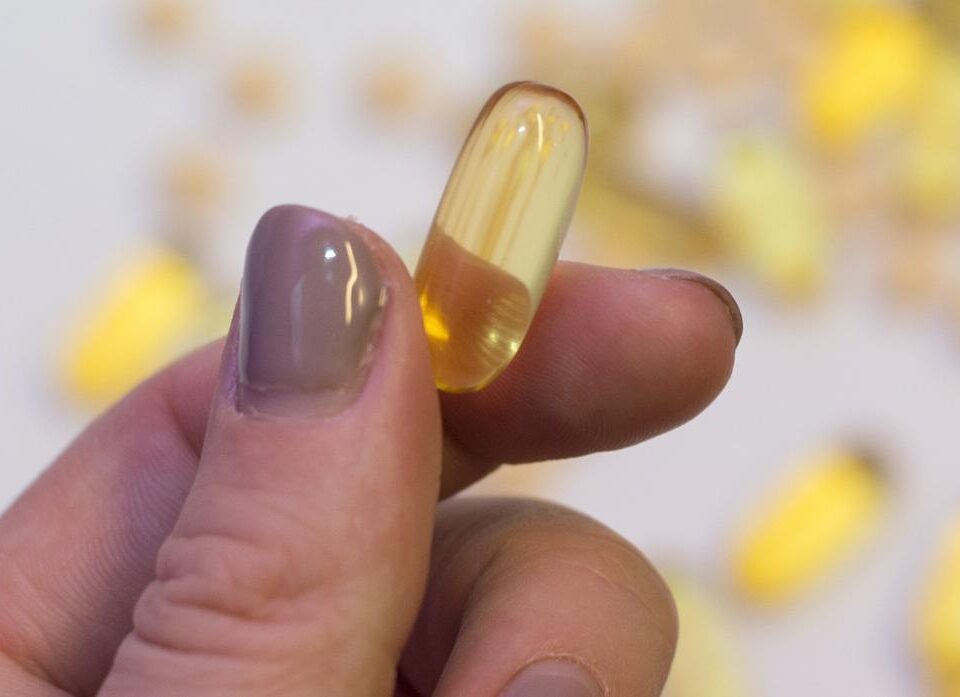Slow down ageing…

Everyone should take vitamin D supplement…
February 16, 2023
Pill to avoid dementia
October 11, 2024Doctor suggests this 4p supplement could slow down ageing…
Brits are often encouraged to take vitamin D during the winter months due to a lack of sunlight. The NHS explains that vitamin D helps regulate the amount of calcium and phosphate in the body which are needed to keep bones, teeth and muscles healthy.
Now, a group of Italian scientists, led by Carmelinda Ruggiero from the Division Gerontology and Geriatrics at the University of Perugia, have made further claims about the benefits of vitamin D.
“Ageing is a complex and multi-factorial process, marked by the progressive decline in organ functions, leading to frailty and increased susceptibility to age-related diseases,” scientists wrote in a study published in the journal Nutrients.
As people age, they often experience inflammation and imbalance of bacteria in the gut, as reported in The Sun.
“Hallmarks of ageing are a set of interconnected biological mechanisms that, individually or synergistically, contribute to molecular and cellular damage, potentially initiating and accelerating the onset of age-related diseases,” researchers explained.
After delving into a series of age-related studies, the research team claimed that the supplement could have a positive impact.
“Vitamin D appears to regulate and influence several hallmarks of ageing through genomic and non-genomic pathways,” they suggested. “Based on the available clinical studies, we can conclude that vitamin D may contribute to genomic stability.”
“Notably, clinical studies support the potential of vitamin D supplementation in hampering dysbiosys, prompting the recovery of gut microbiota health, and providing multiple health benefits.”
However, they highlighted: “Despite the interest in vitamin D supplementation as a strategy supporting human longevity and some evidence about its potential in modulating hallmarks of ageing, we are still far from the point of translation from bench to bed.
“Current knowledge does not allow yet to define a potential optimal vitamin D dosage for modulating hallmarks of ageing or the chronological or functional age at which vitamin D supplementation might be useful in modulating ageing biologically related factors.
“We could speculate that early interventions to avoid vitamin D insufficiency might be protective in the long run, but longitudinal studies based on homogenous cohorts and targeted therapy are warranted.”
Story by Becca Monaghan, published on msn.com




